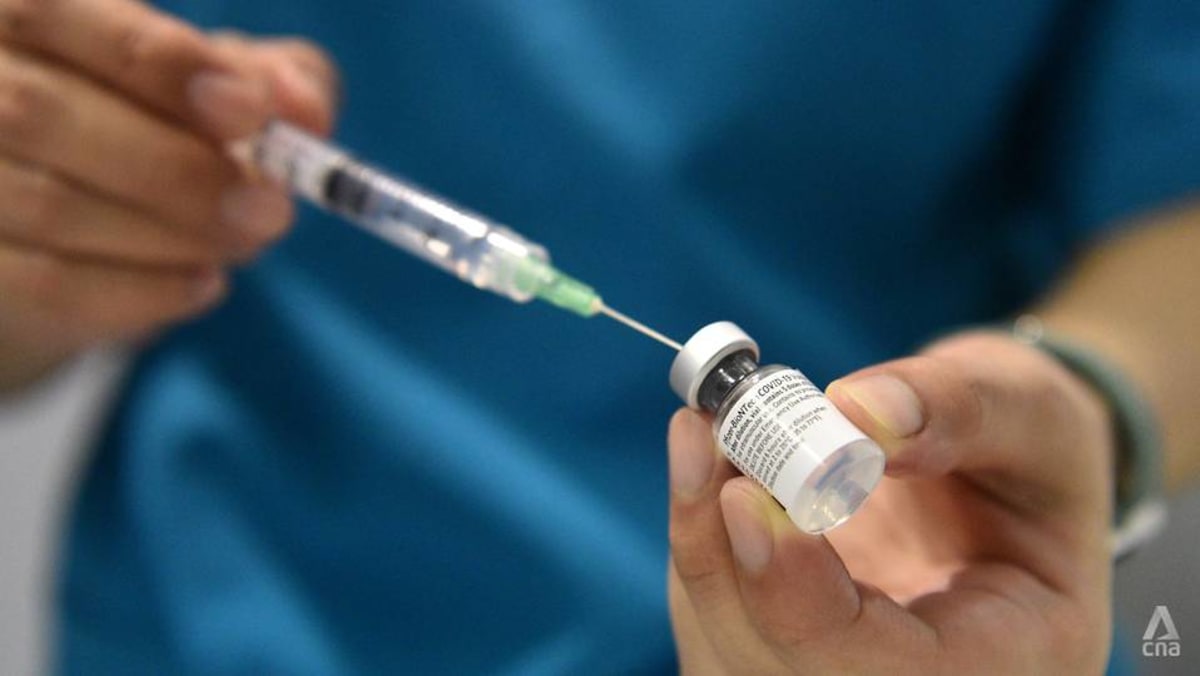SINGAPORE: Singapore’s health authorities are monitoring a recent increase in COVID-19 cases, even as they expect periodic waves of infection throughout the year.
The estimated number of COVID-19 cases rose to 14,200 in the week of Apr 27 to May 3, up from 11,100 cases in the previous week.
“Over the same period, the average daily COVID-19 hospitalisations rose from 102 to 133, but the average daily intensive care unit cases decreased from three to two cases,” the Ministry of Health (MOH) and Communicable Diseases Agency (CDA) said in a media release on Tuesday (May 13).
Authorities added that Singapore’s hospitals are currently able to manage the increase in cases.
“As with other endemic respiratory diseases, periodic COVID-19 waves are expected throughout the year,” they said.
Currently, the main COVID-19 variants circulating in Singapore are LF.7 and NB.1.8, accounting for more than two-thirds of locally sequenced cases.
Both variants are descendants of the JN.1 variant, which is also the variant used in the formulation of the current COVID-19 vaccine.
“There is no indication that the variants circulating locally are more transmissible or cause more severe disease compared to previously circulating variants,” said MOH and the CDA.
DROP IN VACCINATIONS
Doctors CNA spoke to said that most patients have shown mild symptoms so far. They are treating the cases as an endemic disease, like the common flu, in line with MOH’s guidelines.
“For most of the patients … (the symptoms) still behave rather like a common flu, and most of the patients recover quite fast,” said Dr Lim Kim Show, medical director of Life Family Clinic.
Doctors said one key reason behind the rise in cases is weaker immunity as the take-up rate for booster vaccine jabs falls.
Dr Lim said a majority of COVID-19 patients he has seen at his Clementi West clinic have not been vaccinated in the past one to two years.
“With the drop in the immunity … that may account for higher vulnerability to new (strains) … especially those with higher risks,” he added.
The National Centre for Infectious Diseases’ executive director, Dr Shawn Vasoo, noted that patients admitted are older, often have multiple medical problems and are more vulnerable.
